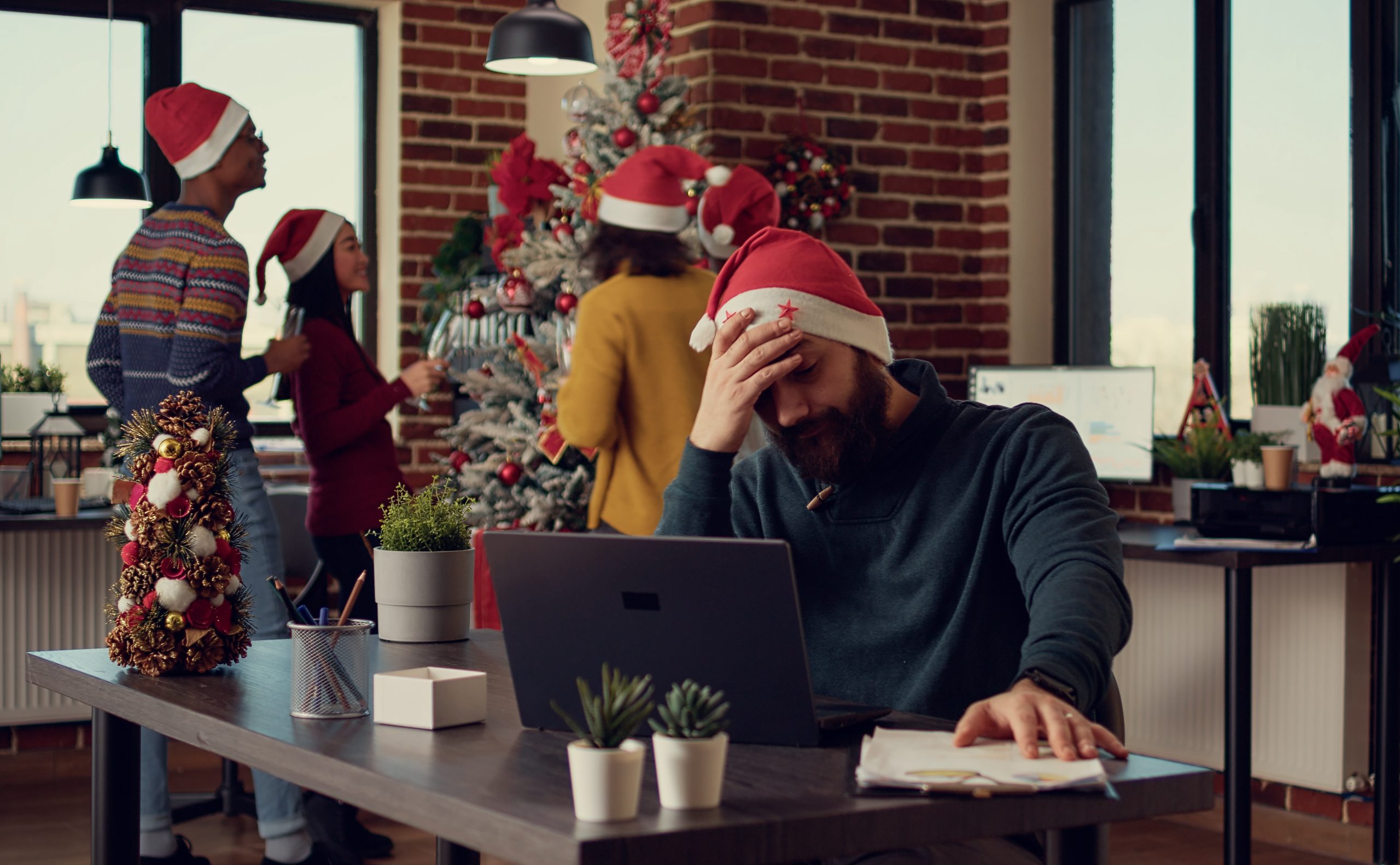As we approach the final month of the year, are you gearing up for a relaxed Christmas or bracing for the hustle of the ‘ber’ months? This holiday season, let’s delve into a topic close to the hearts of many Filipinos: the holiday experience. Christmas, a time of celebration and joy, also introduces its unique set of challenges, particularly for those balancing work commitments. We often find ourselves torn between achieving end-of-year goals and fully enjoying the holiday spirit. This season, let’s prioritize meaningful connections and self-reflection to infuse our celebrations with more joy and less tension. Join us as we explore holiday myths and facts, shedding light on the true nature of the holiday season’s pressures. In the midst of this delicate balance between year-end objectives and embracing the holiday spirit, we encourage you to prioritize not only productivity but also meaningful connections and self-reflection. Let’s infuse our celebrations with more joy and genuine connections while debunking holiday myths and uncovering facts, shedding light on the true nature of the holiday season’s pressures.
What is Holiday Burnout?
Before we dive into unraveling the realities and misconceptions about holiday stress, let’s understand what holiday burnout really means. Often called “festive season fatigue” 1 it’s a mix of emotional, physical, and mental exhaustion that hits during or after the holidays. Imagine juggling the emotional weight of family expectations, the physical rush of back-to-back holiday events, and the mental load of trying to make everything perfect. It’s more than just feeling tired; it’s the result of continuous stress and overcommitment. Knowing what causes this burnout is key to enjoying the holidays without getting overwhelmed. Here are the signs you need to look out for 2 to know that you are burned out this holiday season:
- Feelings of Energy Depletion or Exhaustion: Feeling worn out after holiday events or work? It’s a common sign of burnout. Activities that used to be fun now feel exhausting.
- Feelings of Cynicism Related to the Holidays: Losing excitement for the holidays? This shift from cheer to chore is a tell-tale sign of burnout.
- Reduced Efficiency: Struggling to keep up with holiday and work tasks? A drop in your usual effectiveness is a clear indicator of burnout.
Recognizing these signs is crucial for addressing holiday burnout, helping us refocus on joy rather than stress this season.
Unveiling Myths and Facts
Now that we better understand what can lead to burnout, let us see and clarify some common misunderstandings about it:
Myth 1: Holidays are solely a time for joy and relaxation.
Fact: Contrary to popular belief, the holiday season often brings a unique set of stressors, including financial pressures, social expectations, and increased workload. Research indicates that this period can exacerbate feelings of stress and anxiety for many individuals. A 2023 study by VeiraMal Consulting 3 found that holiday-related stress can significantly impact mental well-being. Employers can play a pivotal role in mitigating this stress by implementing supportive measures such as flexible work arrangements and mental health resources. By acknowledging these challenges and providing support, workplaces can help employees navigate the holiday season more effectively, balancing festivity with well-being.
Myth 2: Feeling fatigued and admitting to burnout is a weakness.
Fact: Recognizing and admitting to burnout is not a sign of weakness but of inner strength—a courageous step towards self-care and sustaining a healthy professional life. A 2021 report by Abramson 4 states the importance of recognizing burnout as a crucial element in seeking support and implementing effective coping strategies. In high-demand industries, especially during the holiday season, creating a culture that encourages open conversations about mental health and provides support systems is vital. This approach not only improves individual well-being but also contributes to a more resilient and productive workforce as highlighted.
Myth 3: Using digital platforms for shopping and socializing makes the holiday season more manageable and less stressful.
Fact: The truth is, excessive digital engagement during the holidays, including online shopping and virtual socializing, can actually contribute to increased stress, a phenomenon often referred to as “Digital Holiday Burnout” 5. The constant need to be online and the pressures of digital consumerism can amplify stress and fatigue. To mitigate this, individuals are encouraged to set boundaries for their digital consumption. This can include allocating specific times for online shopping, limiting the duration of virtual social interactions, and ensuring regular breaks from screens. Additionally, engaging in offline activities, such as physical exercise, reading, or spending time in nature, can provide a much-needed balance and reduce the likelihood of digital overload during the holiday season (Lorenzana & Soriano, 2021) 6.
Myth 4: Working through the holiday celebrations indicates neglecting of family time.
Fact: Balancing work and family during the holidays is not an act of neglect but a common reality people face. A study conducted by Dayrit and Lacap 2020 7 shows that many Filipinos actively pursue a work-life balance and stress the importance of efficient time management. This endeavor isn’t just about managing your schedule; it’s a mindful, guilt-free choice driven by a sense of responsibility, the importance of one’s career, personal needs, and self-worth. This balanced approach empowers you to meet your duties, fostering a deep sense of achievement, crucial for maintaining your self-esteem, free from external judgments or unnecessary guilt.
By wrapping this up, it’s crucial to understand holiday burnout’s myths and facts. This knowledge is key for employers and employees alike, fostering a workplace culture that supports well-being during the festive season. By recognizing the realities of holiday stress, we can create an environment that balances work commitments with merry celebrations, ensuring a healthier, more joyful end to the year. Let’s embrace a supportive work environment that values mental health and fosters productivity amidst holiday demands. For further insights into managing workplace stress and burnout, explore the resources available on the Mind You app or visit www.mindyou.com.ph/public.
1 Burke, J., & Laiti, J. (2022, December 27). Holiday burnout: why it happens – and three research-proven ways to help you recover. The Conversation. https://theconversation.com/holiday-burnout-why-it-happens-and-three-research-proven-ways-to-help-you-recover-195609
2 Hogan, M. (2022, November 18). How to Spot & Prevent Employee Burnout This Holiday Season. Red Branch Media. https://redbranchmedia.com/blog/recognizing-preventing-employee-burnout-during-holiday-season/
3 VeiraMal Consulting. (2023). LinkedIn. Linkedin.com. https://www.linkedin.com/pulse/sleighing-stress-navigating-holiday-hustle-workplace-hcdkc/
4 Abramson, A. (2021). The ethical imperative of self-care. Https://Www.apa.org. https://www.apa.org/monitor/2021/04/feature-imperative-self-care
5 Smith, M. (2021, November 24). “The most guilt-ridden, nightmare time of year”: how to avoid holiday season burnout at work. CNBC; CNBC. https://www.cnbc.com/2021/11/24/how-to-avoid-holiday-season-burnout-at-work-according-to-experts.html
6 Lorenzana, J. A., & Soriano, C. R. R. (2021). Introduction: the dynamics of digital communication in the Philippines: legacies and potentials. Media International Australia, 179(1), 3-8. https://doi.org/10.1177/1329878X211010868
7 The Influence of Work-Life Balance on Employee Engagement among Workers in Pampanga, Philippines: A Structural Equation Modelling Approach. International Journal of Psychosocial Rehabilitation, 24, 3095-3112.





